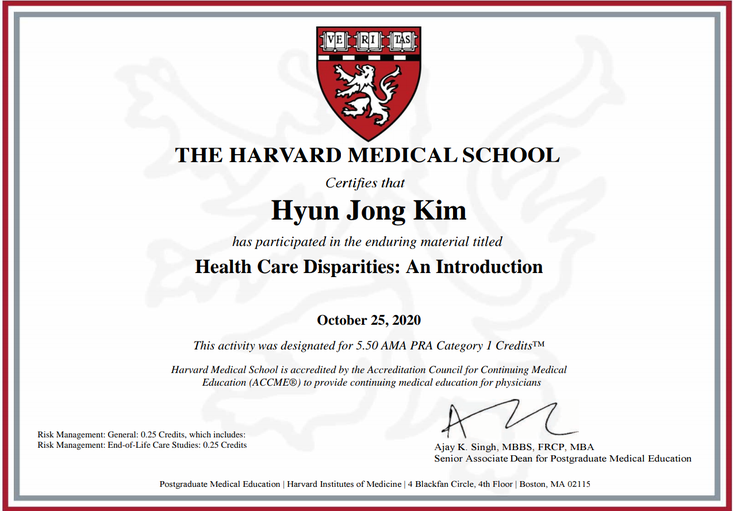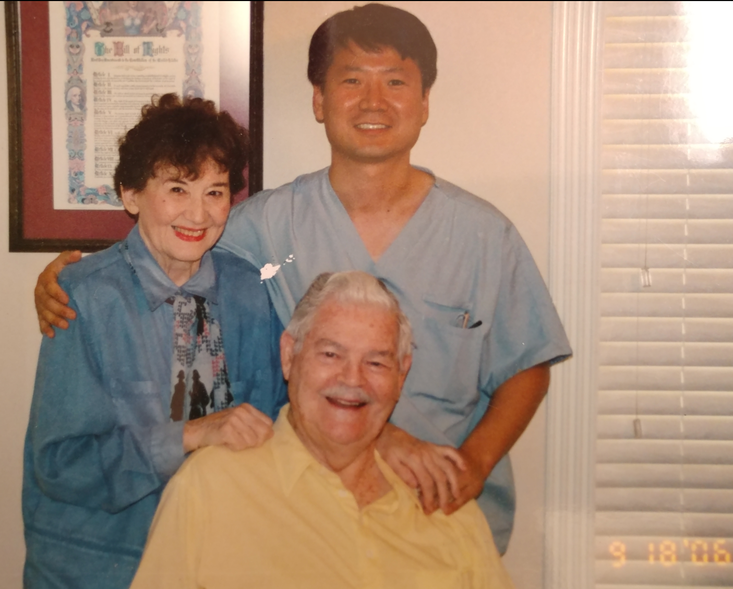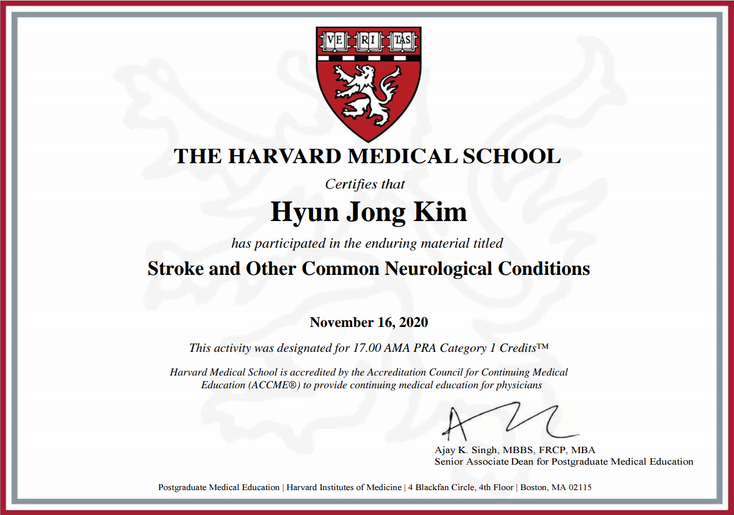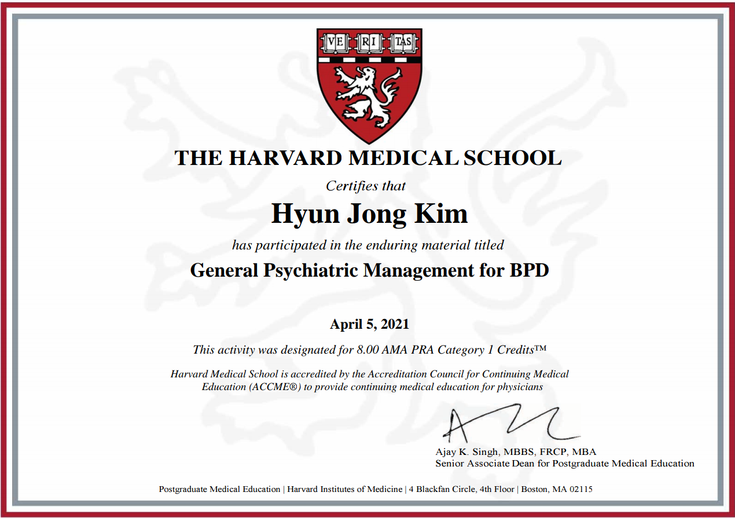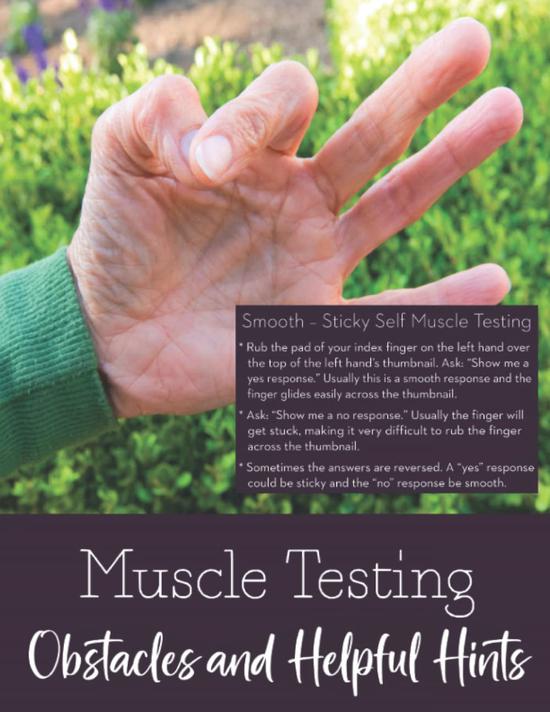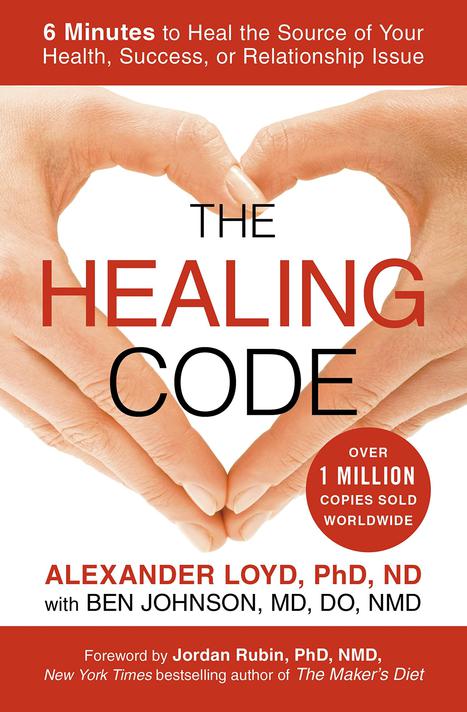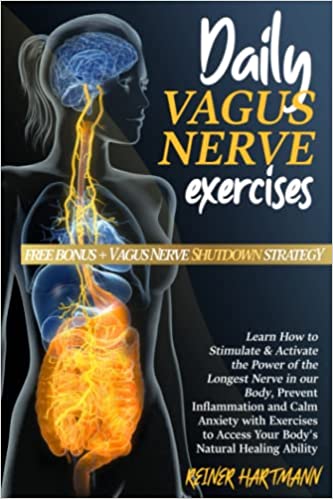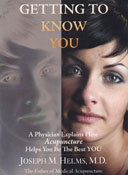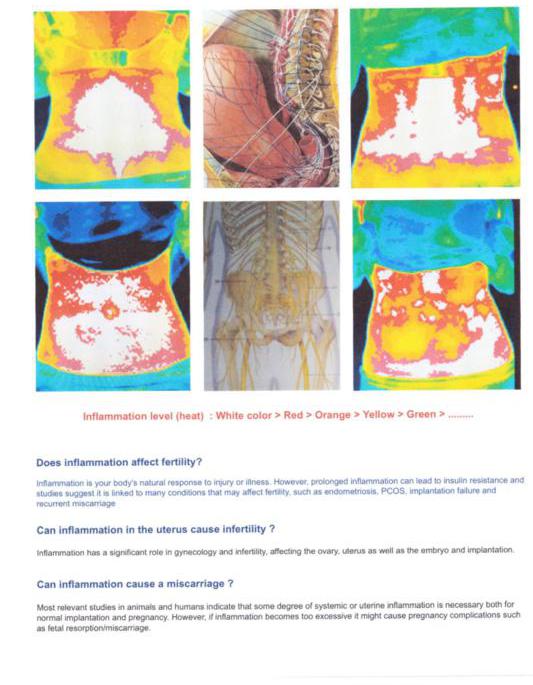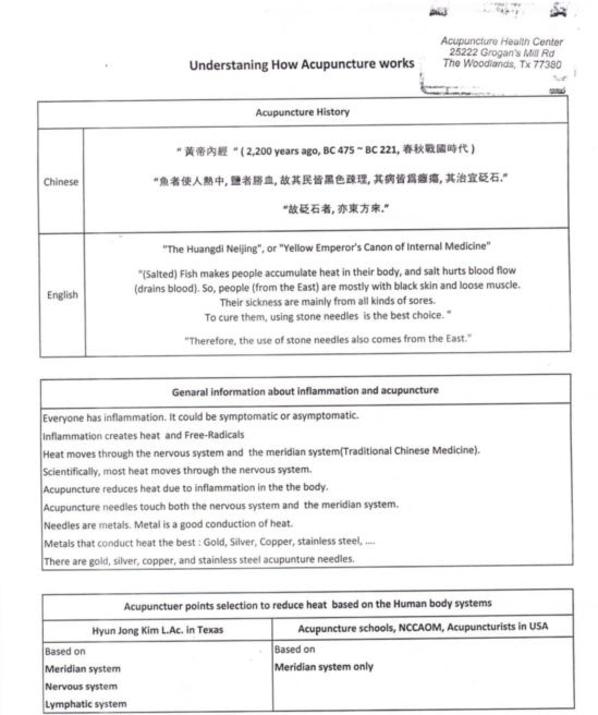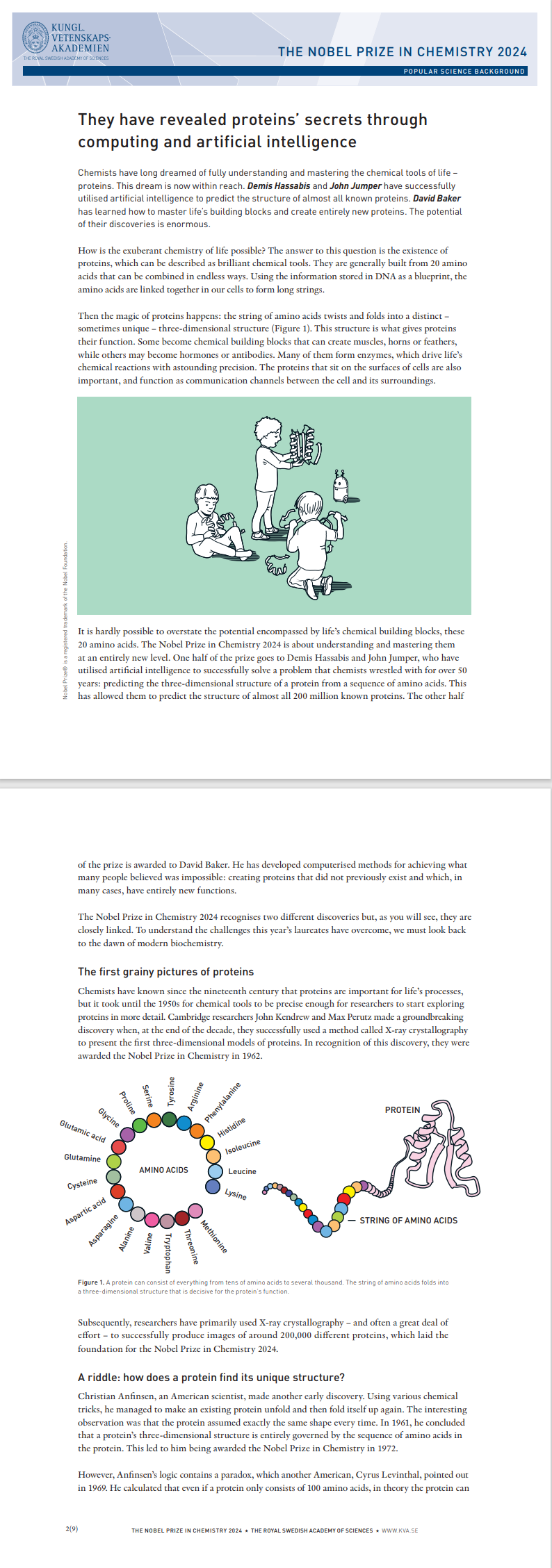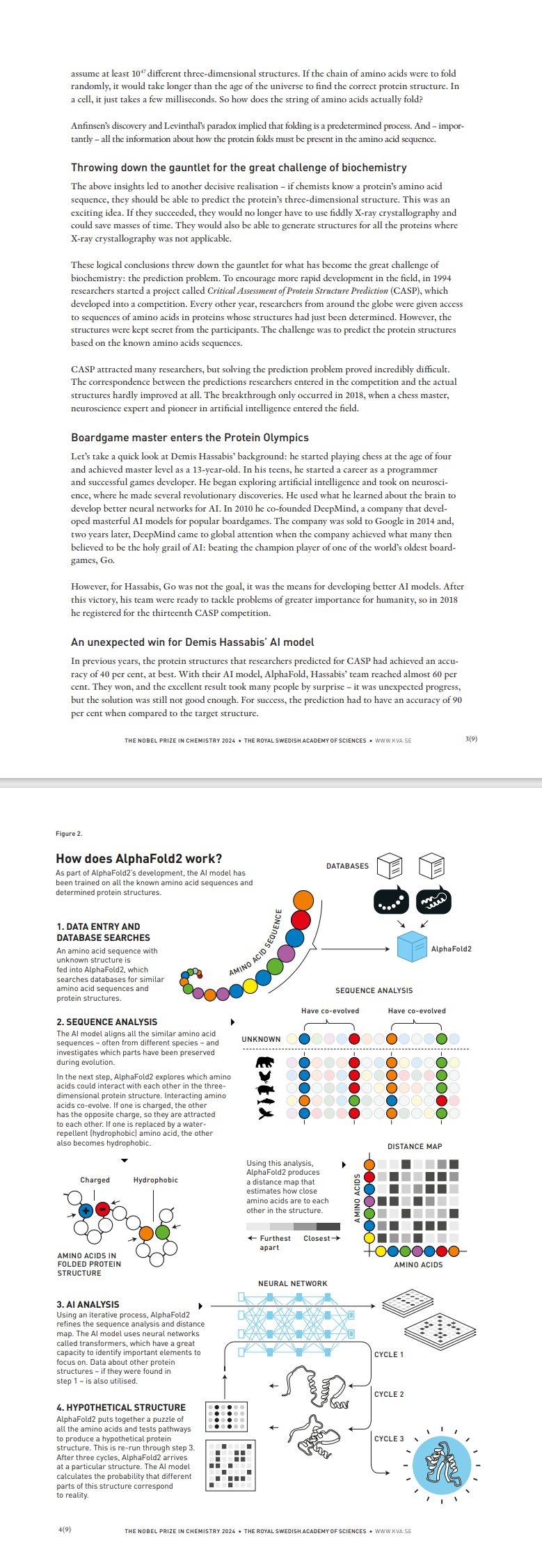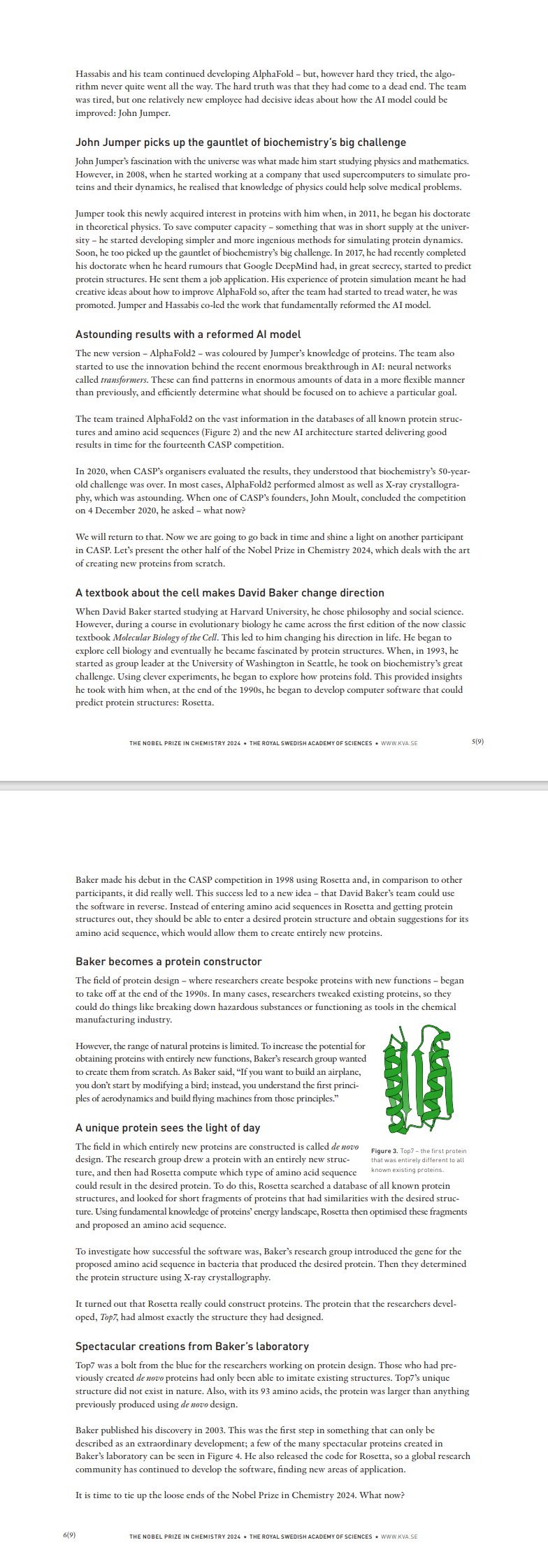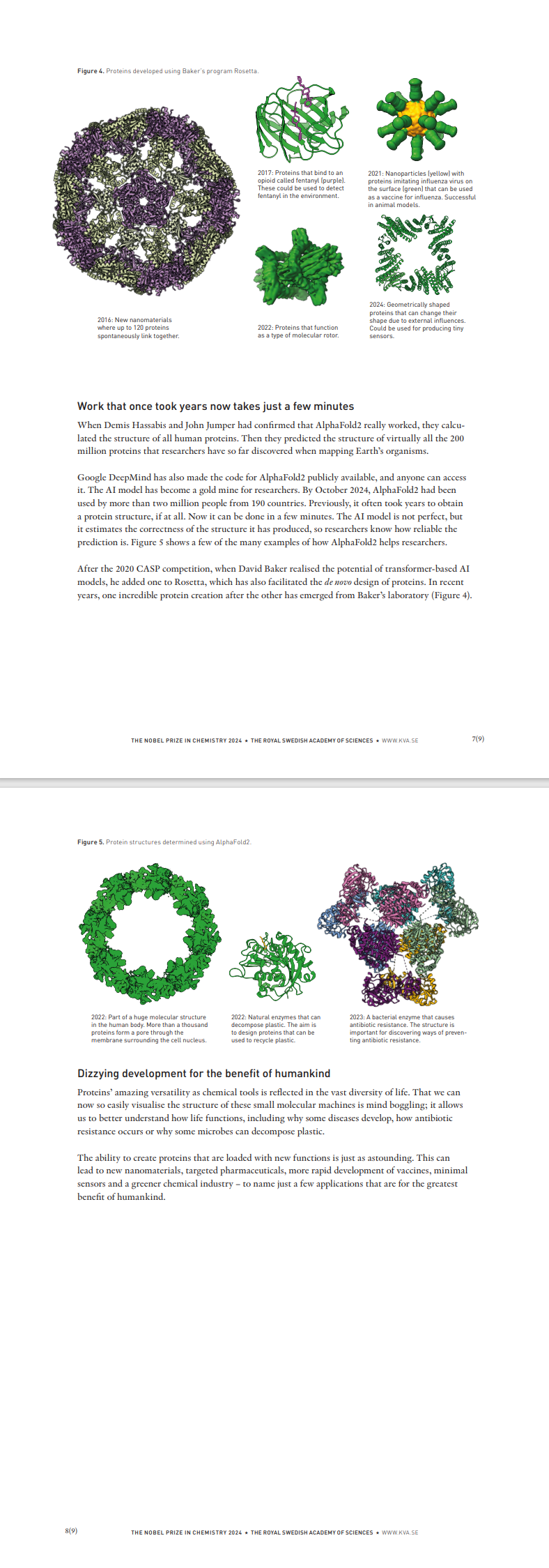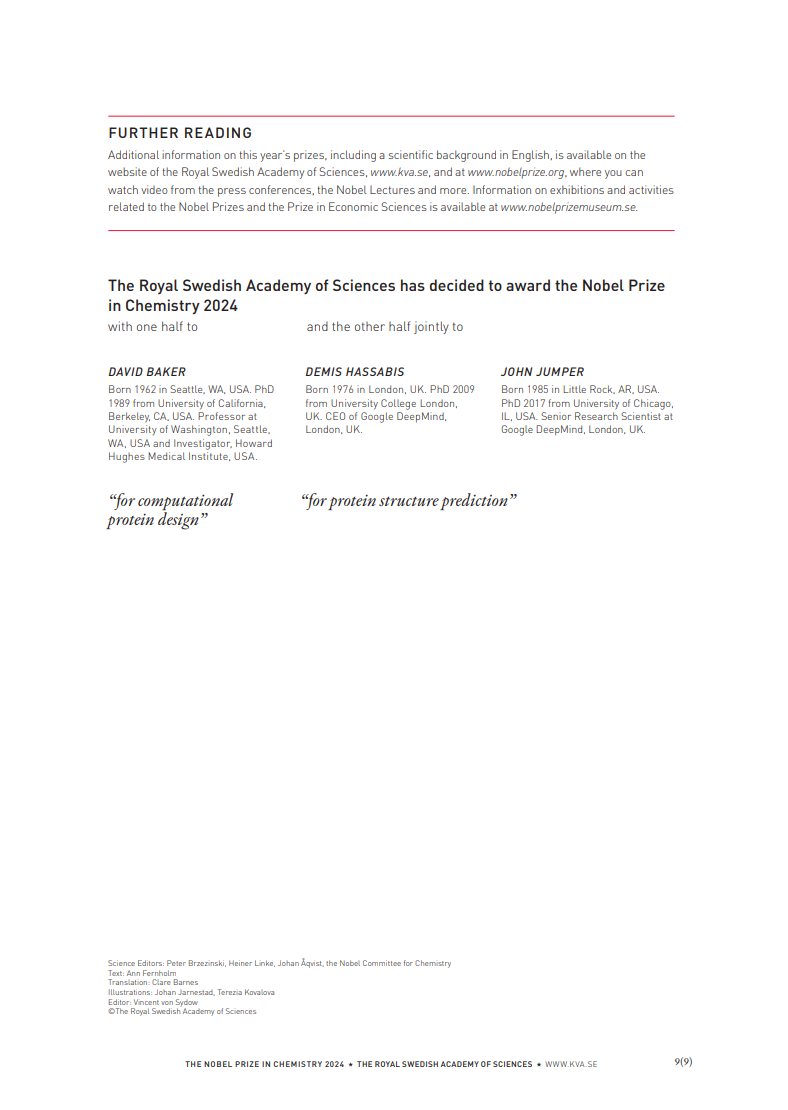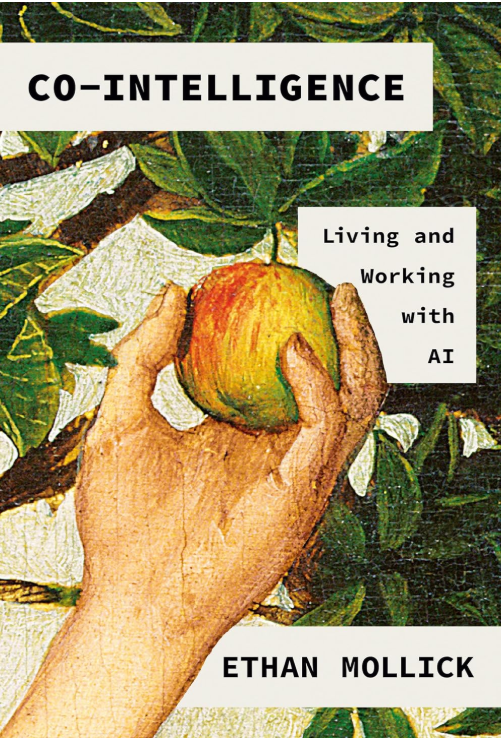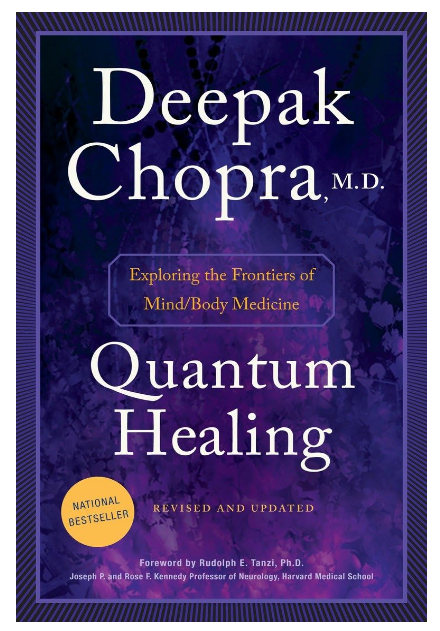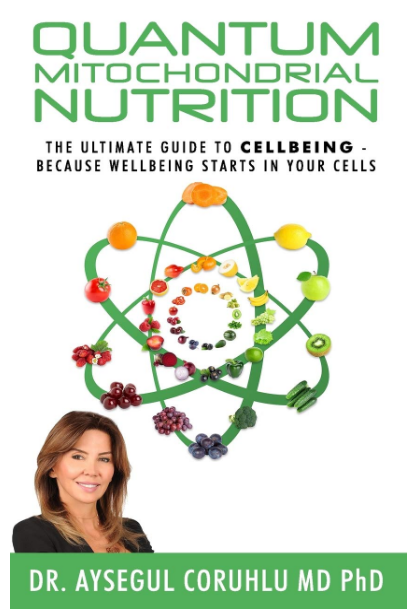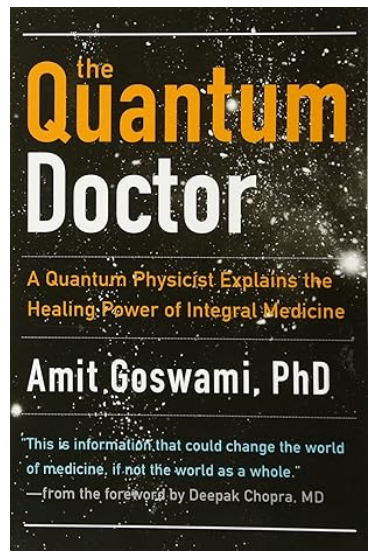- Over 500 years family tradition / Over 35 years experiences -
[ 10 years Acupuncture Training Under Grandfather in South Korea ]
[ The Highest Level of Academic Degree in Acupuncture and Oriental Medicine ]
Dr. Kim's initial training was passed down to him by his grandfather who was the latest in a long line of family members who were Acupuncturists and MD's (Neurosurgeons/Heart Surgeons/OB-GYN's) in South Korea. Dr.Kim has a Bachelor Degree in science, Master Degree in Acupuncture & Chinese herbology, and Doctorate Degree in Oriental Medicine(Neuro-Acupuncture and Chinese Herbology).
" When I was 11 years old, My grandfather taught me how to
insert needles into the body.
I was so excited to learn it. My grandfather's techniques were
unique, spirited, and delicate.
I am still following his Journey and developing New Techniques. "
Dr.Kim always goes out of his way to help patients.
- Address the cause, not just the symptoms -
RedAcu.Com
Promoting Self-Healing
[ URGENT CARE ]
[Professional Organization]
National Certification Commission for Acupuncture and Oriental Medicine
Texas medical board of examiners
Texas State Board of Acupuncture Examiner
Texas Association of Acupuncture and Oriental Medicine
American College of Clinical Thermology
TaeKwonDo 3 Degrees Black Belt
Tai Chi and Qi Gong Master
[Medical Achievement]
International Hippocrates Award (2015)
[Korea Scout Association]
Boy Scout Membership (1978 - 1983)
[Military Services]
Republic of Korea Army (DMZ, 1989 - 1991)
[Home School / Family Medical Training in South Korea]
10 years under Maternal-Grandfather (Acupuncturist, Professor) in South Korea
Trained over 2000 Acupuncture Points including Chinese Meridian Points (1979-1989)
Additional training under Maternal-Uncles ( Neurosurgeon, Cardiothoracic surgeon)
Additional training under Maternal-Aunts (OB/GYN, IVF specialists)
[Public / Private School Education]
Ph.D. in Oriental Medicine (2007)
- Dissertation : " Systematic Pain Management in Oriental Medicine "
Master Degree in Acupuncture & Herbology (2005)
Bachelor / Master Degree in Science, . . . .
"Dr. Hyun Jong Kim has been selected as one of IBC's Leading Health Professionals of the World 2014, 2015, 2016, 2017, 2018, 2019, 2020, 2021, 2022, 2023, 2024. Many thousands of biographies from a wide variety of sources are investigated by the Research and Editorial Departments of the International Biographical Center each year for inclusion on our renowned reference books and for consideration for our Awards Program. A select few are those of individuals who, in our belief, have made a significant enough contribution in their field to engender influence on a local, national or international basis. Dr. Kim is one of these contributors to excellence. Dr. Kim has, through constant efforts, maintained a standard worth rewarding. Therefore, as a noted and eminent professional in the health profession Dr. Kim has now been considered and nominated for recognition by the IBC. Ratification of this nomination by the Awards Board is now complete and it is therefore my great honor to name Dr.Kim as a member of the IBC." [ Nicholas S. Law, Director General, International Biographical Center, Cambridge, England ]
LEADING HEALTH PROFESSIONALS OF THE WORLD
Best of The World 2014, 2015, 2016, 2017, 2018, 2019. 2020, 2021, 2022, 2023, 2024
Dr. Hyun Jong Kim L.Ac., O.M.D., Ph.D.
" There is nothing to compare with your health. "
25222 Grogan's Mill Road, The Woodlands, Texas 77380
www.RedAcu.com
Continuing Medical Education : Provides Better Care to Patients.
Photo ( The Woodlands, Texas, 2006 ) : Dr.Kim with Patient (Korean War Veteran)
Harvard Medical School Continuing Medical Education (CME) offers an extensive, best-in-class catalog of continuing education activities that serve the diverse educational needs of healthcare providers. It promotes quality improvement in clinical practice and health care, medical research, and lifelong learning. Founded in 1636, Harvard University is the oldest institution of higher learning in the United States.
Acupuncture School Continuing Acupuncture Education (CAE) is open to Acupuncturists
Helms Medical Institute Acupuncture CME is open to Physicians (MDs and DOs).
The articles which Dr. Kim would like to share with patients
The Books which Dr. Kim would like to share with Patients
Both AKristofer S. Monson, Chief Administrative Law Judge (ALJ) and
Robert Pemberton, Presiding Administrative Law Judge (ALJ)
accepted Exhibit #4 ( Understanding How Acupuncture Works 3pages)
based on Dr. Kim's Practice in Pain management, infertility treatment, Anxiety,
Depression, Skin Problems, ........... !!!
Dr.Kim is a Neuro-Acupuncturist.
The Honorable Texas Medical Board agreed to ALJ's Decision (2023) !!!
This is Great News for Everyone in the United States of America !!!
"Invisible inflammation(heat) should be your main concern."
~ Dr. Kim, Hyun Jong (2005) ~
"By optimizing the quality and quantity in your systems, your body will be the most powerful functional medicine."
~ Dr. Kim, Hyun Jong (2007) ~
Click Chemistry and Bioorthogonal Chemistry (nobelprize.org)
Inflammation creates Heat and Free-Radicals
Inflammation can significantly affect protein structure and function by altering the cellular environment, leading to changes in protein folding, stability, and ultimately, their biological activity; this can occur through mechanisms like increased oxidative stress, altered enzyme activity, and direct modification of protein molecules by inflammatory mediators, potentially contributing to disease development.
Heat significantly affects protein structure and function by causing "denaturation," which is the process of a protein losing its native shape and therefore its biological activity due to the disruption of weak bonds holding the protein structure together, primarily caused by increased molecular movement at high temperatures; essentially, the protein unfolds and loses its functional form.
Free radicals can significantly affect protein structure and function by directly reacting with amino acid side chains, causing modifications like oxidation, fragmentation, and cross-linking, which can disrupt the protein's native conformation and impair its ability to perform its biological role; essentially, free radical damage can alter the protein's shape and compromise its activity.
The nervous system plays a crucial role in regulating body temperature through a complex process called thermoregulation. The hypothalamus, a small portion of the brain, acts as the command center for this process. It works in conjunction with other parts of the body to maintain a core temperature of approximately 98.6°F (37°C).
Heat affects the nervous system in several ways:
Neuronal activity: Small temperature increases (5-7°F) can disrupt the balance of ion flow across nerve cell membranes, impairing vital rhythmic neural activity. This can lead to changes in neuronal firing patterns, potentially causing neurons to go silent or become hyperexcitable.
Protein denaturation: Heat can cause proteins in neurons to lose their structure and effectively "melt," triggering an inflammatory response and disrupting nervous tissue homeostasis.
Blood-brain barrier: High temperatures can impact the blood-brain barrier, altering the protective balance of the central nervous system.
Hypothalamus function: When body temperature exceeds 104°F (40°C), the hypothalamus, responsible for temperature regulation, may stop functioning correctly, leading to potential heatstroke.
Neurotransmitter release: Temperature changes can affect the release of neuromodulators, which play a role in compensating for temperature-induced disruptions in neural activity.
Signaling pathways: A specific signaling pathway involving neuregulin 1 (NRG1) and its receptor ErbB4 has been identified as playing a role in thermal pain sensation.
These effects can result in various symptoms, including decreased attention, slower response times, fatigue, irritability, and confusion during periods of extreme heat.
Heat and Nervous System
When discussing protein structure changes in relation to AI and quantum mechanics, the key point is that while AI algorithms can now accurately predict protein structures based on their amino acid sequence, the underlying mechanics of how a protein folds and changes shape are governed by quantum mechanics, making quantum computing a potential tool to further refine and understand these complex molecular interactions at a deeper level.
Artificial intelligence (AI) and quantum mechanics are revolutionizing our understanding of protein structure changes and prediction. AI methods have made significant progress in predicting protein structures, while quantum computing offers a new approach to tackle this complex problem.
AI Advancements
AI techniques, particularly machine learning, have greatly improved protein structure prediction:
AI can analyze vast amounts of data to identify patterns and make predictions about protein folding.
Researchers have developed AI methods that can accurately predict the structure of small proteins.
AI-powered tools like AlphaFold2 have made groundbreaking discoveries in mapping protein structures.
Quantum Mechanics and Computing
Quantum mechanics and quantum computing are providing new insights and capabilities:
Quantum physics reveals how light excitation alters the spatial structure of photoactive proteins, affecting their function.
Quantum computers can efficiently explore the vast space of possible protein conformations using quantum parallelism.
Researchers have developed a quantum-classical hybrid framework that outperformed classical methods in predicting the folding of a Zika virus protein fragment.
Synergy Between AI and Quantum Computing
The combination of AI and quantum computing holds great promise:
Quantum computing can potentially enhance AI's capabilities by removing limitations in data size, complexity, and problem-solving speed.
Quantum-classical hybrid approaches can address challenges in protein size, intrinsic disorder, mutations, and folding physics that are difficult for classical computing methods.
This synergy could lead to more accurate predictions of larger and more complex protein structures, advancing our understanding of diseases and drug development.
In conclusion, the integration of AI and quantum mechanics is pushing the boundaries of protein structure prediction, offering new possibilities for understanding biological processes and developing targeted therapeutics.
Protein Structure VS AI and Quantum mechanics
This document was created on the 14th of June 2005.
This document was created on the 14th of June 2005.
These thermography scans were taken
on the 24th of December 2013.
Inflammation significantly affects the lymphatic system, causing several changes in lymphatic vessels and their function. During inflammation, lymphatic vessels undergo pronounced enlargement and display increased leakiness, indicating reduced functionality.
Vessel Dilation: Lymphatic vessels undergo pronounced enlargement in inflamed tissue, facilitating the entry of fluid and inflammatory cells into the lymphatic vasculature.
Increased Permeability: Inflammation causes lymphatic vessels to display increased leakiness, indicating reduced functionality.
Altered Drainage Function: The drainage performance of lymphatic vessels is influenced by vascular permeability and pumping activity, which are affected by inflammatory mediators such as TNF-α, IL-1β, and nitric oxide.
Impaired Lymph Transport: Efferent lymph transport is impaired in early stages of inflammation, as shown by a reduction in lymph ejection.
Structural Changes: The overlap structure of lymphatic endothelial cells (LECs) is altered, possibly due to increased interstitial fluid pressure caused by edema.
Lymphangiogenesis: Inflammation stimulates the growth of new lymphatic vessels, which can impact overall lymphatic function.
Contractility Changes: In some cases, inflammation can lead to impaired lymphatic contraction, associated with immunosuppression.
Inflammation plays a significant role in the development and progression of cancer, with both chronic and acute inflammation affecting tumor initiation, growth, and metastasis.
Chronic Inflammation and Tumor Development:
Chronic inflammation can damage DNA, alter cellular growth, and create a microenvironment conducive to tumor formation. Persistent inflammation, often caused by infections (e.g., H. pylori), autoimmune diseases (e.g., Crohn's disease), or lifestyle factors like obesity and smoking, is linked to cancers such as colorectal, gastric, liver, and lung cancer.
Inflammatory cells release cytokines, chemokines, and reactive oxygen species that promote cell proliferation, angiogenesis (blood vessel formation), and survival of malignant cells.
Tumor Microenvironment (TME):
The tumor microenvironment is heavily influenced by inflammation. Inflammatory cells in the TME foster tumor growth by supporting immune evasion, metastasis, and therapeutic resistance. They also secrete signaling molecules like prostaglandins and growth factors that aid cancer progression.
Systemic Inflammation:
Systemic inflammation caused by conditions like arthritis or heart disease can elevate inflammatory molecules throughout the body. This may lead to conditions like CHIP (clonal hematopoiesis of indeterminate potential), which is associated with blood cancers.
Role of Acute Inflammation:
While chronic inflammation promotes cancer progression, acute inflammation can sometimes activate anti-tumor immunity by enhancing the function of dendritic cells and effector T cells. However, therapy-induced chronic inflammation may contribute to resistance to treatments like chemotherapy or radiotherapy.
Inflammation significantly affects our systems.
Nervous System
Lymphatic System
Meridian System
Cardiovascular
System
DR. KIM's
Bio-Quantum
Platform
Since 2005
Key Effects of Inflammation on the Lymphatic System
Inflammation and Cancer
Meaningful and Effective Care
Muscular System
" HISTORY "
Human : 7 - 5 million years
Nervous System : 7 - 5 million years
Lymphatic system : 7 - 5 million years
Inflammation : 7 - 5 million years
Dry or Korea Needing : 10,000 years
Meridian System : 3,000 years
China Acupuncture : 3,000 years


